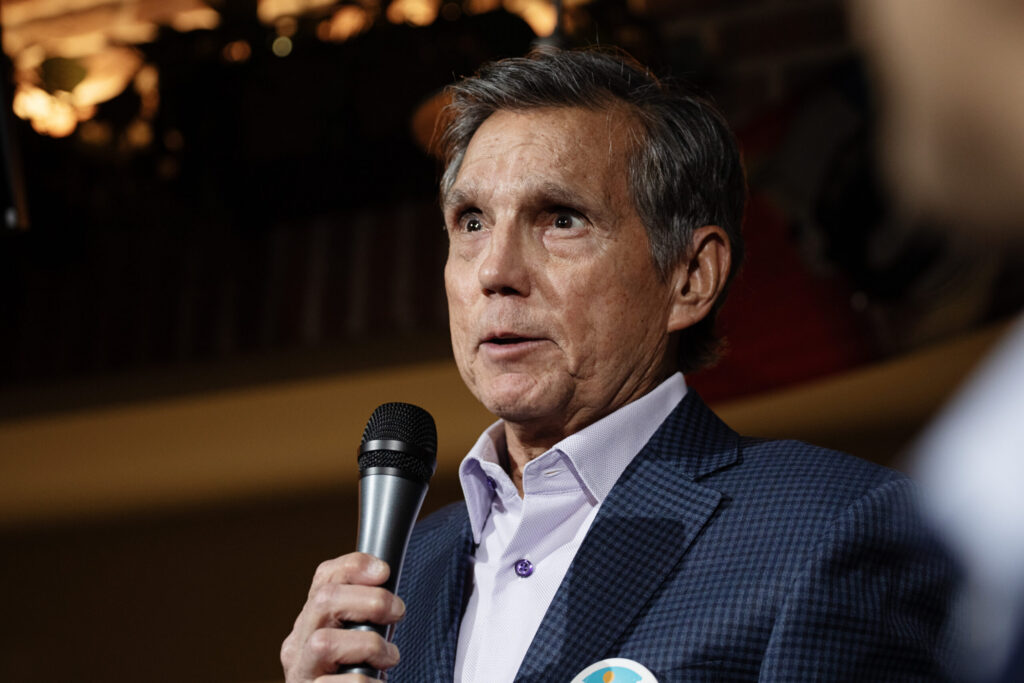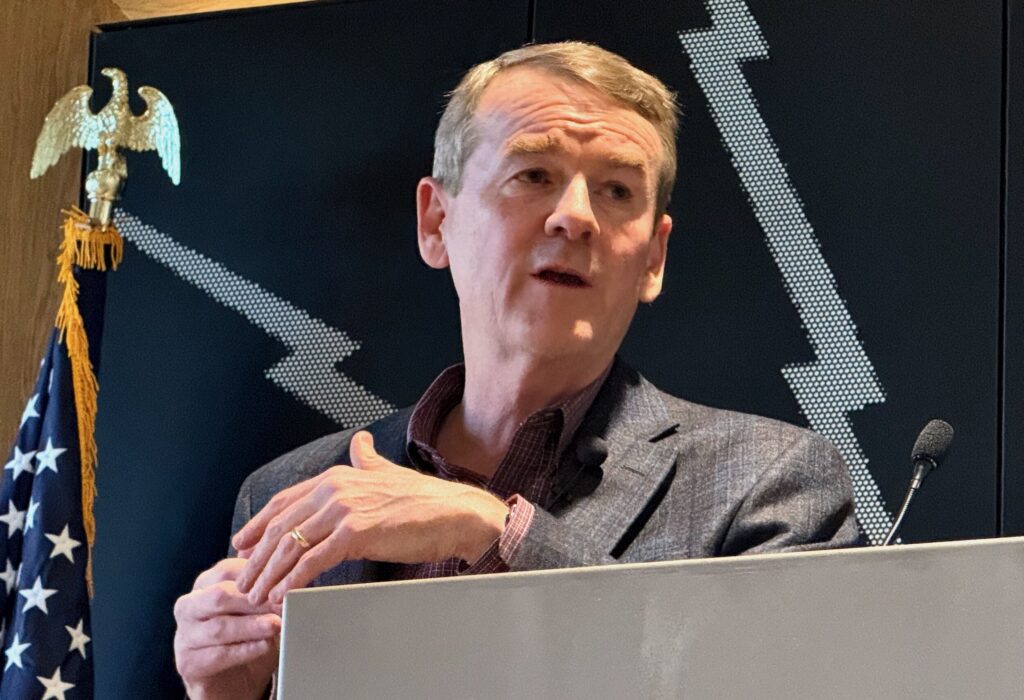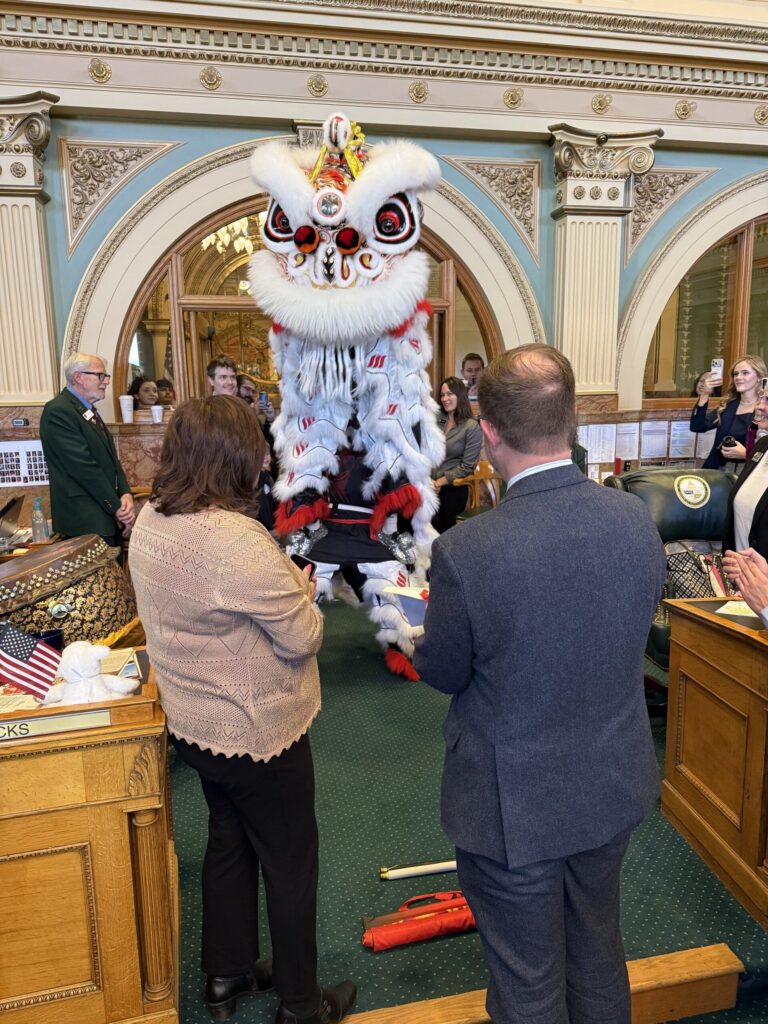Unity Party fields two more candidates, declares its primaries will be open to unaffiliated voters
The Unity Party of Colorado decided at its first meeting as an official minor political party that it wants unaffiliated voters to have the chance to vote in its primaries – and the party’s founder welcomes a primary challenger in his run for governor next year.
The party also tripled the number of candidates running under its banner, party officials announced last week, albeit growing the field from one declared candidate to three.
After passing 1,000 members on state voter registration rolls at the beginning of June, the Unity Party became Colorado’s fourth designated minor party, joining the Libertarians, the Greens and the American Constitution Party. (The Democrats and Republicans are the state’s major parties, a status achieved because their gubernatorial nominees received at least 10 percent of the vote in the last election.)
While it’s somewhat rare that minor parties in Colorado have contested primaries – the most recent instance was a 2012 Libertarian primary in House District 3 – if more than one candidate seeks the Unity Party nomination to the same office, unaffiliated voters will get the party’s primary ballot in the mail next June, a spokeswoman for the Colorado secretary of state’s office said.
And that’s just what Bill Hammons is anticipating. In addition to being the party’s founder and state and national chairman, Hammons is a 2018 Unity Party gubernatorial candidate, although he hopes he won’t be the only one.
“I’m open to challengers – I think it’ll be healthy for the party,” he told Colorado Politics, adding that he’s received inquiries from people interested in running against him in the primary. “I think it would be great if we had contested primaries up and down the ballot. I think it would be great all around.”
Party members met on July 15 at a Mexican restaurant in Westminster to elect officers, approve a platform and adopt bylaws, including the determination that it will always hold primaries that are open to unaffiliated voters, an option available to all parties in Colorado under Proposition 108, a ballot measure adopted last year by state voters.
The party describes itself as centrist – its platform supports a federal balanced budget amendment, term limits on judges and lawmakers and a strict ban on gerrymandering – and has been around since the day after the 2004 election, when Hammons got together to found it with some friends, family and fellow alumni of Wesley Clark’s presidential campaign. At last count, the party had members in 37 states.
If Hammons winds up with a primary challenger, then every unaffiliated voter in the state will get at least three primary ballots in the mail, because both the Democrats and Republicans are nearly certain to have statewide primaries. (Party members will only receive their own party’s primary ballots.)
Hammons said the party is looking forward to an “eventful party primary season, as Colorado’s million-strong unaffiliated voters and their common-sense values will no doubt be a deciding factor in which Unity candidates proceed to the General (Election).”
The two party members who joined Hammons as candidates and statewide party officers are Scott Wagner, who ran as a Democrat in House District 43 and plans to run for the same seat on the Unity ticket, and Chris Otwell, who declared he’s running for an at-large seat on the University of Colorado Board of Regents. Wagner, who switched his affiliation to the Unity Party on his smartphone at the party meeting, was elected state assistant vice chair, while Otwell was reelected state vice chair.
Before achieving minor-party status, the Unity Party of Colorado was what’s known as a “qualified political organization,” which means residents can affiliate with the party on voter registration forms and have the party designation appear next to their names on ballots if they’re running for office. As a minor party, however, the party will be able to nominate candidates straight to the ballot at its assemblies, the same as other parties, rather than candidates having to get on the ballot by petition.











